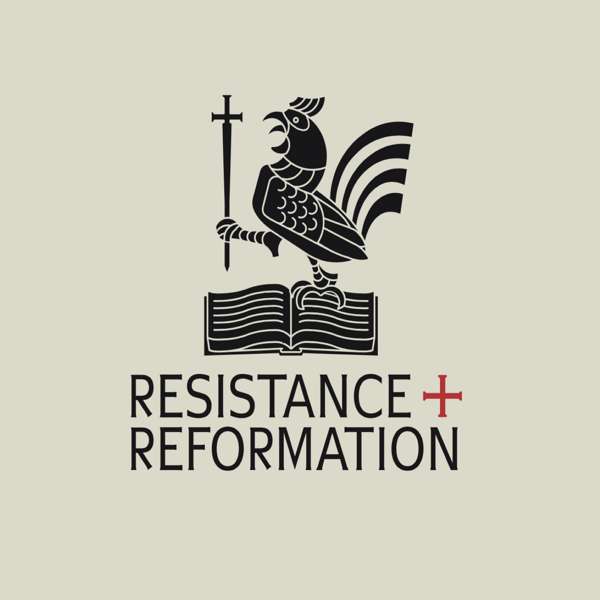A grassroots movement centered in Salt Lake City more than 40 years ago kept Utah and Nevada from hosting the world’s largest nuclear weapons system. During the final years of the Cold War, a peaceful rebellion against the MX mobile missile saved the Great Basin from significant environmental impacts and helped change the course of the arms race.
Aiding the activists was a powerful ally: the then-president of The Church of Jesus Christ of Latter-day Saints, President Spencer W. Kimball. In 1981, Kimball and his counselors, apostles N. Eldon Tanner and Marion G. Romney, came out against the project in a lengthy statement that read in part:
“Our fathers came to this Western area to establish a base from which to carry the gospel of peace to the peoples of the Earth. It is ironic, and a denial of the very essence of that gospel, that in this same general area there should be constructed a mammoth weapons system potentially capable of destroying much of civilization.”
The church leaders’ forceful opposition helped turn the tide of public opinion in Utah against the MX, and the U.S. eventually abandoned weapons plan.
Now, some of those same activists are agitating again, this time against the ongoing development, partially in Utah, of a new generation of nuclear missiles designed to replace an aging arsenal. Once again, they’re looking for an assist from the church’s top brass, now led by President Dallin H. Oaks. In an October letter mailed to the faith’s Salt Lake City headquarters, they called on the newly ascended prophet to condemn the Sentinel missile project.
To date, church leaders have offered no response.
How much impact would it have if they did is unclear and, according to political scientist Quin Monson, depends a great deal on how it would be framed and communicated.
On this week’s show, Monson, a professor at church-owned Brigham Young University, outlines research on how Latter-day Saint leaders have shaped — and can shape — public opinion with members in the pews.

 Our TOPPODCAST Picks
Our TOPPODCAST Picks  Stay Connected
Stay Connected







